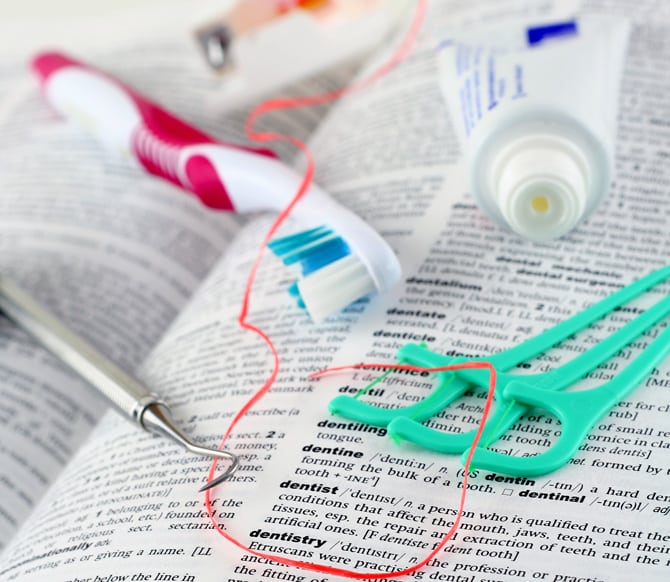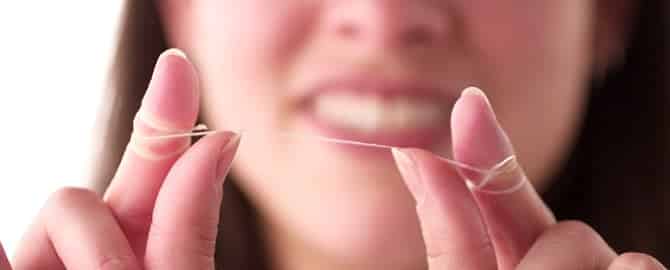Health Risks Associated With Diabetes
Most of us are familiar in some way with the rather destructive nature of diabetes. Maybe you’re one of the 25 million people in the United States who has this disease. Maybe a friend or family member was diagnosed with it. No matter how it affects your life, knowing what diabetes does to one’s body is imperative.
Some of the well known health complications that are caused by this diabetes are:
- heart disease
- stroke
- high blood pressure
- insulin problems
- higher/lower sugar levels
- kidney disease
- neuropathy
- poor circulation to the extremities
- vision complications
The list goes on and on. But what about your oral health? Are there any serious dental concerns related to diabetes?
What is Diabetes?
Diabetes is a disease that affects the body’s ability to produce and/or use insulin properly, which regulates one’s glucose levels. It is broken into two categories.
Type 1 Diabetes
This kind is usually diagnosed in children and young adults, typically before the age of 20. People who have this type of diabetes are usually thin, and is caused when the pancreas – the organ that secretes insulin – is destroyed by autoantibodies. People with type 1 diabetes always need to supply their bodies with insulin on their own, either by injection or through an insulin pump.
Type 2 Diabetes
Sometimes called adult onset diabetes, type 2 diabetes is usually diagnosed in overweight patients after the age 35. This type of diabetes is much more common, but has a much different cause. Type 2 diabetes is a complicated medical condition called ‘insulin resistance.’ There are medications for this, but the biggest help is a change in one’s lifestyle, such as a better diet and more exercising to help with weight loss.
Diabetes and Dental Health
So how can your body’s ability to produce and properly use insulin affect your oral health? If you have diabetes, your risk for gum problems is much higher because diabetes affects your blood glucose levels, found everywhere in your body, including your mouth by way of saliva. Right now there is more bacteria in your mouth then people on this Earth. If those germs settle in your mouth for an extended period of time, they will cause gum disease.
If the blood glucose levels in your saliva is too high it also creates problems. Glucose is a form of sugar, and too much sugar in your mouth helps promote decay. Another side effect is that it can cause some people to suffer from dry mouth (xerostomia). Dry mouth can further lead to soreness, ulcers, infections and tooth decay.
To further complicate your oral hygiene, diabetes can cause blood vessels to thicken, which slows the flow of nutrients to and waste products from body tissue, including the mouth. Combine that with how diabetes impairs white blood cells (the body’s main defense against infection), and the body’s ability to fight infections such as periodontitis or gingivitis is reduced.
People with uncontrolled diabetes do not heal quickly after oral surgery and other dental procedures because blood flow to the treatment site can be impaired. If a person has to take a lot of antibiotics to fight various infections, they become especially prone to a fungal infection called thrush, which occurs in the mouth and tongue. This fungal infection loves the high sugar levels in the saliva in the mouths of people with uncontrolled diabetes.
What Can Be Done?
If you have diabetes, the best thing you can do for yourself is be diligent and manage your blood glucose levels. Take good care of your teeth with regular professional cleanings and checkups every six months (or even more frequently, if your dentist recommends it).
Good oral hygiene when you are home is critical. Brush at least twice a day and floss at least once a day. Ask your dentist if a mouth rinse is right for you if you find you’re suffering from dry mouth. Avoid smoking and chewing tobacco (these are a double whammy for those with diabetes). If you wear dentures, remove them and clean them throughout each day. Simple, regular care on your part can reduce your risk factors significantly. But it’s all on you.




